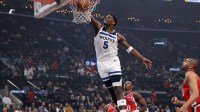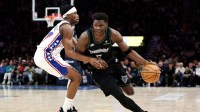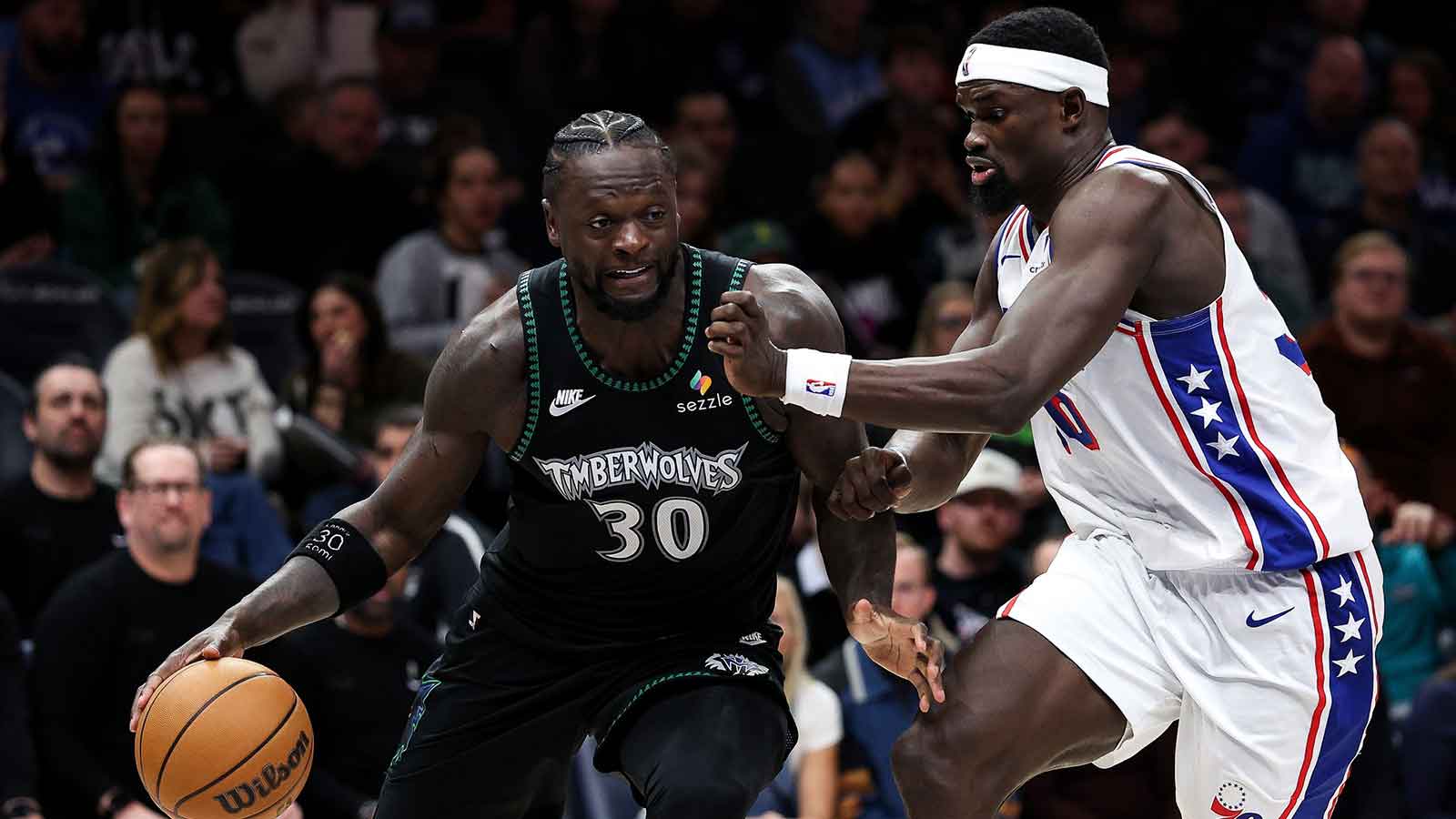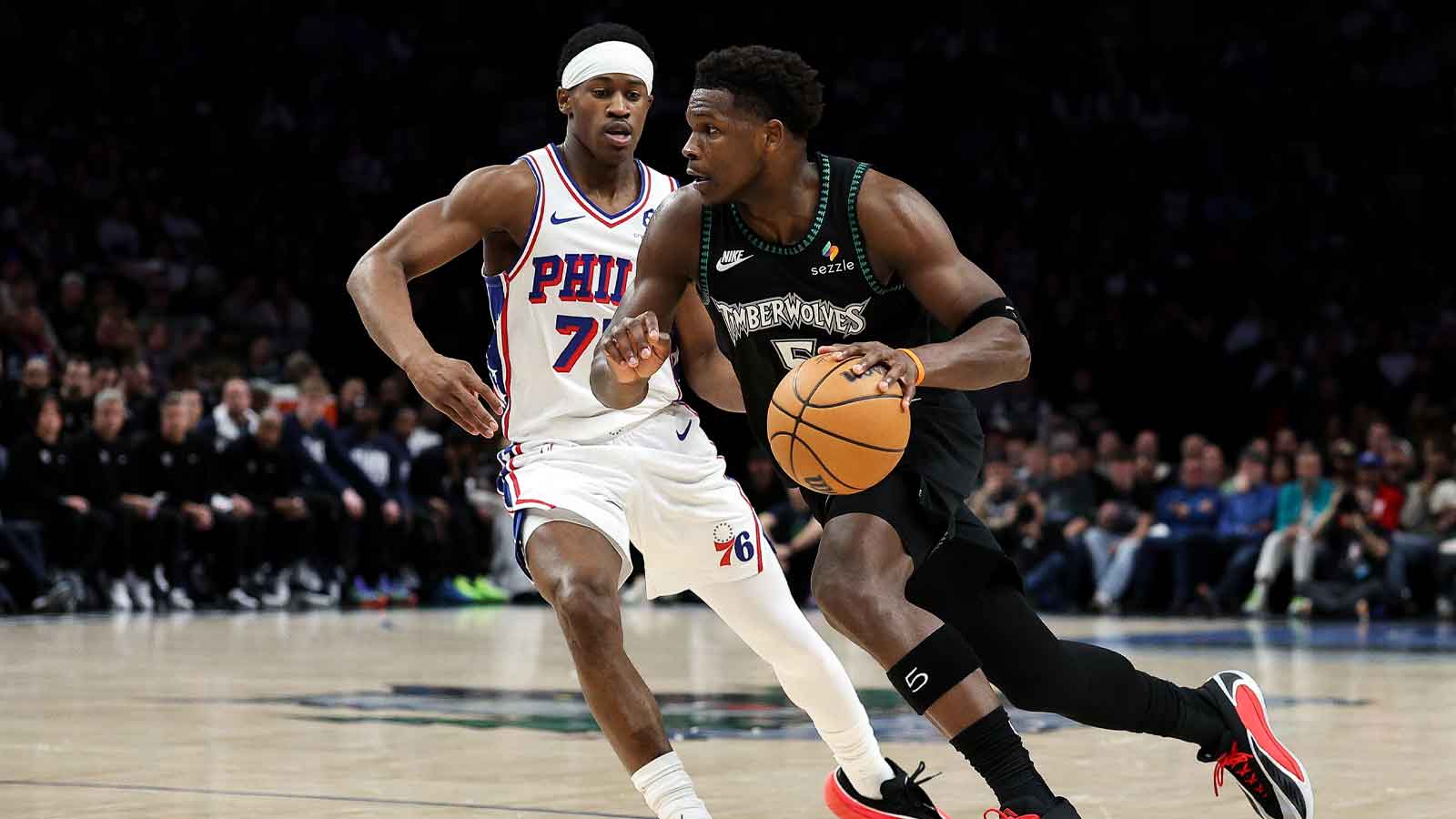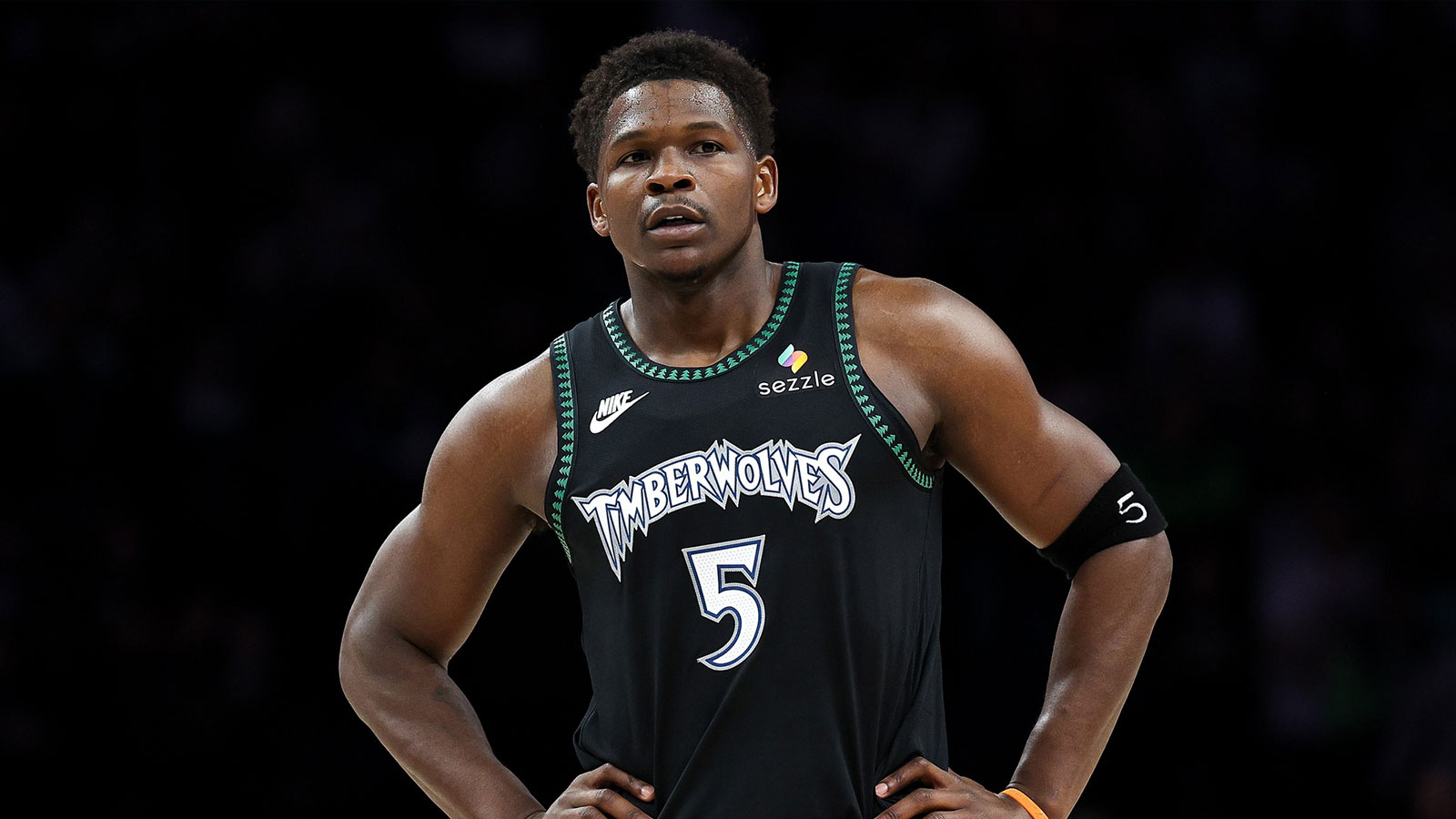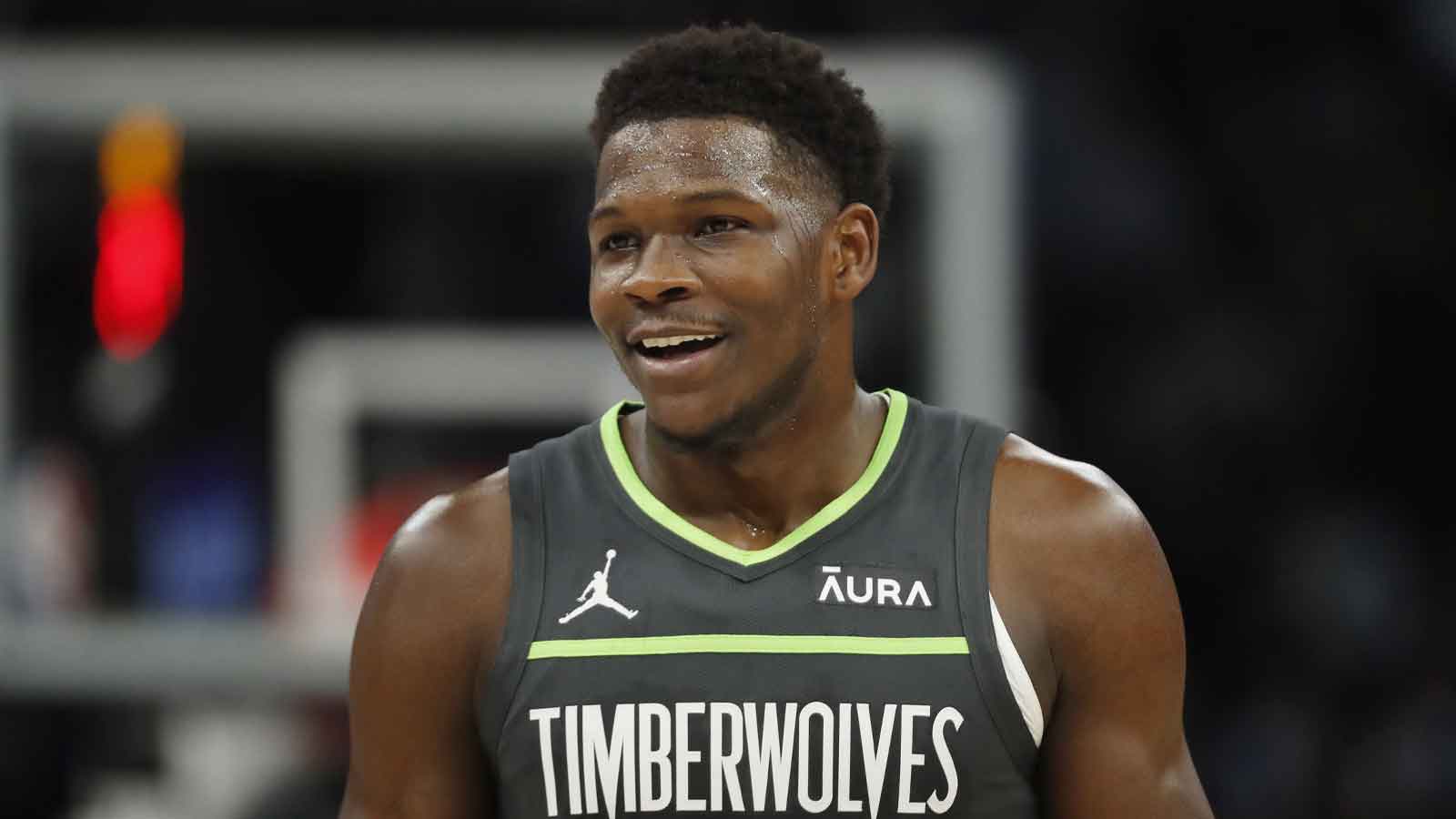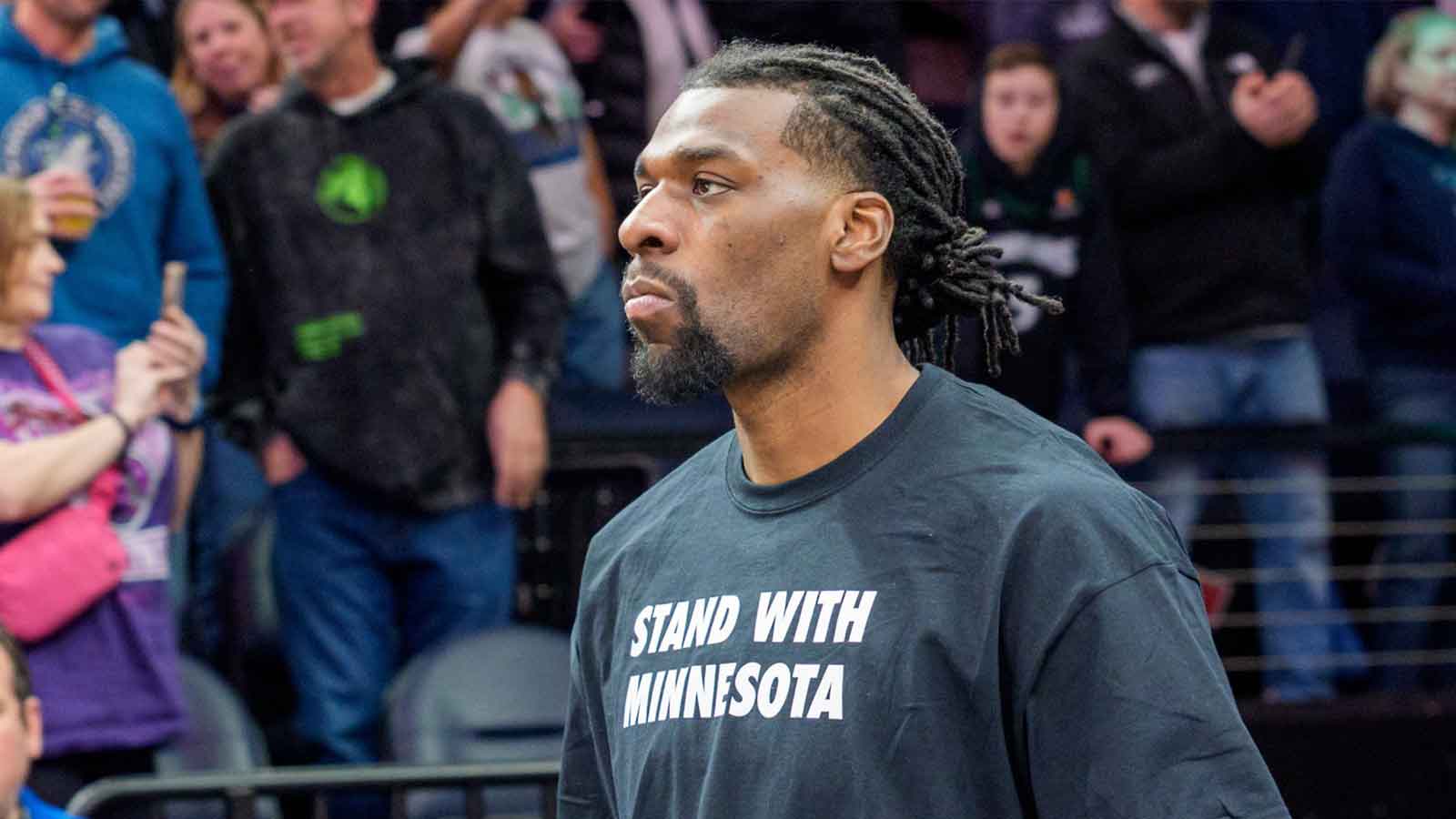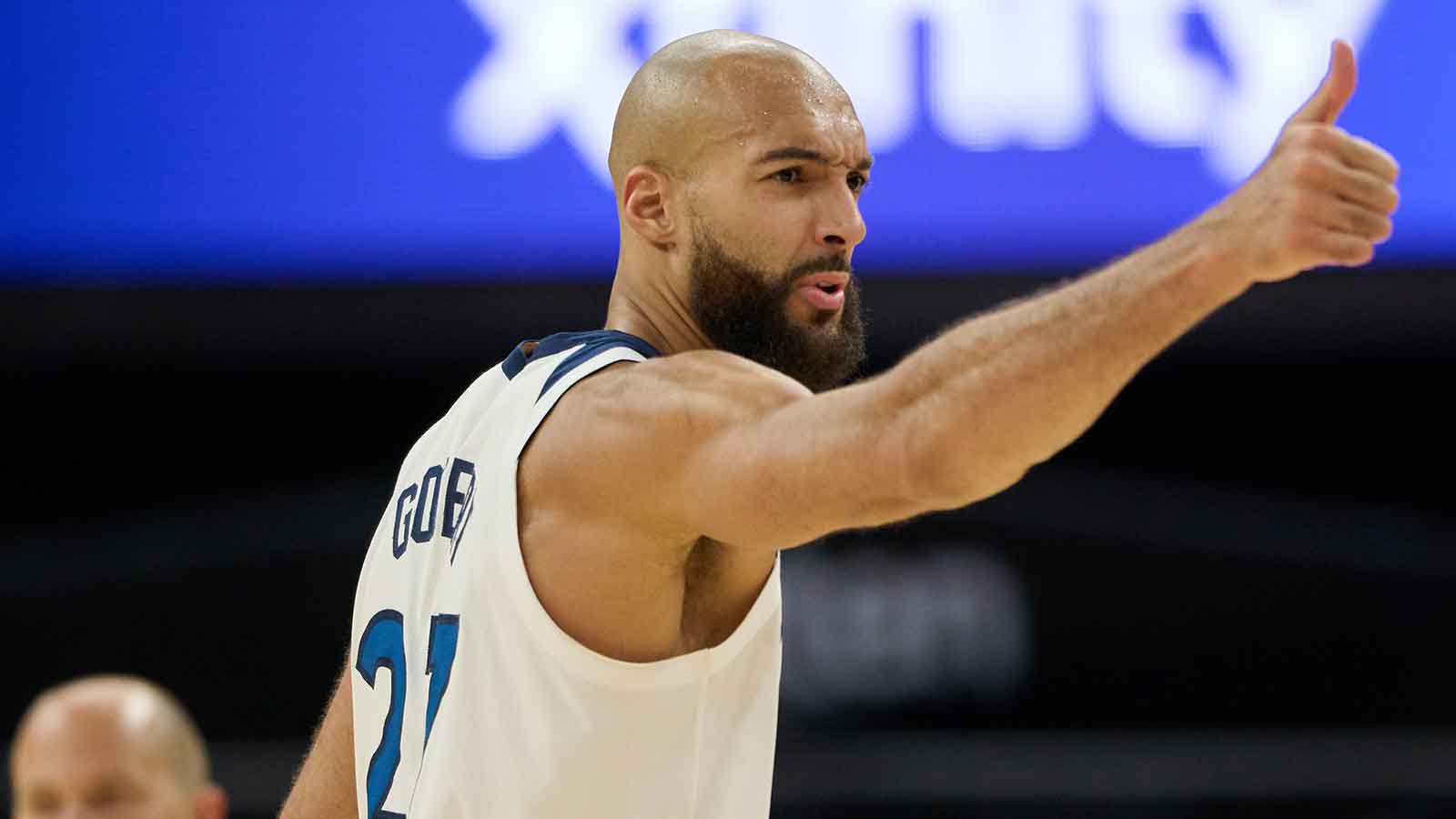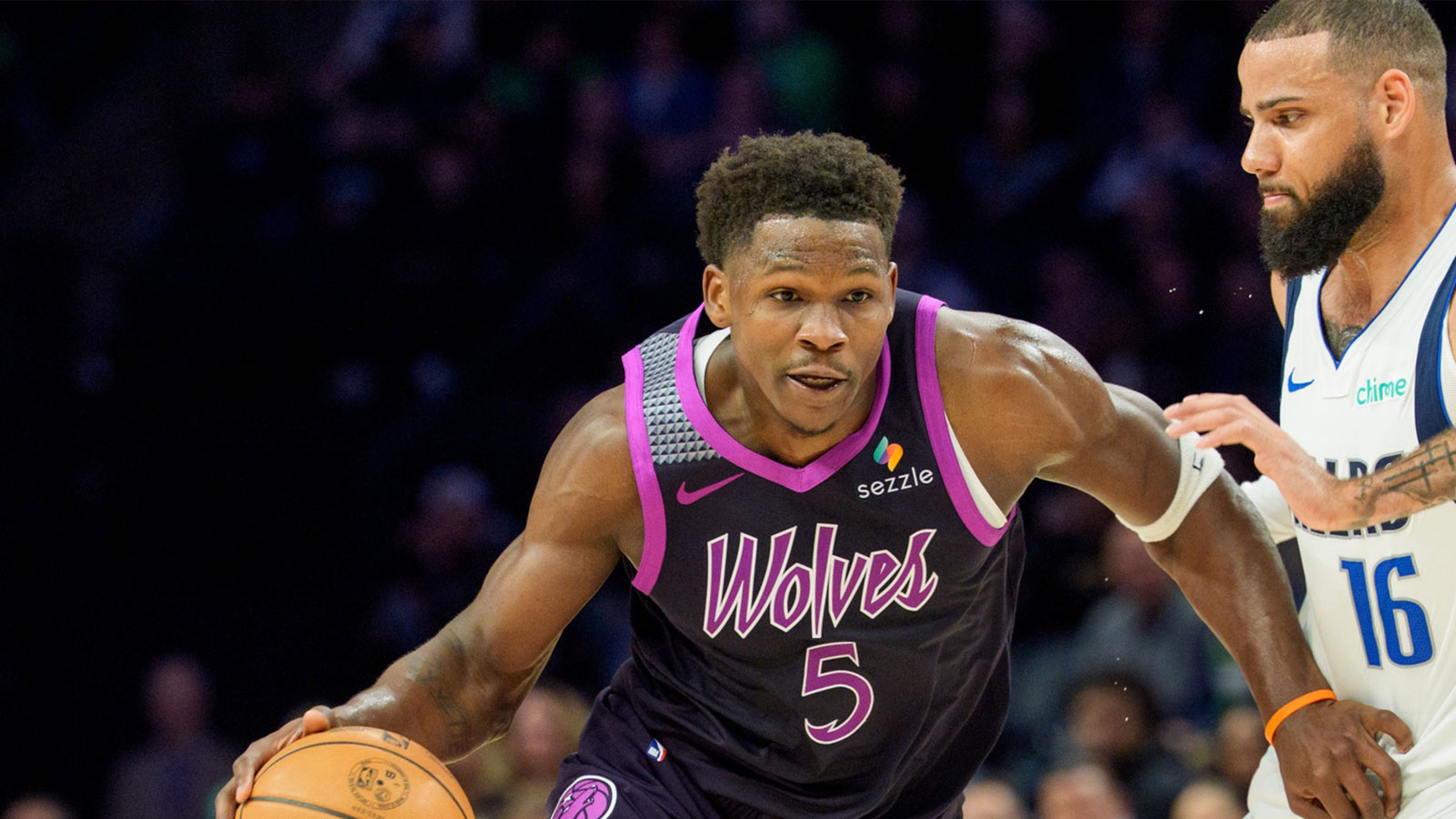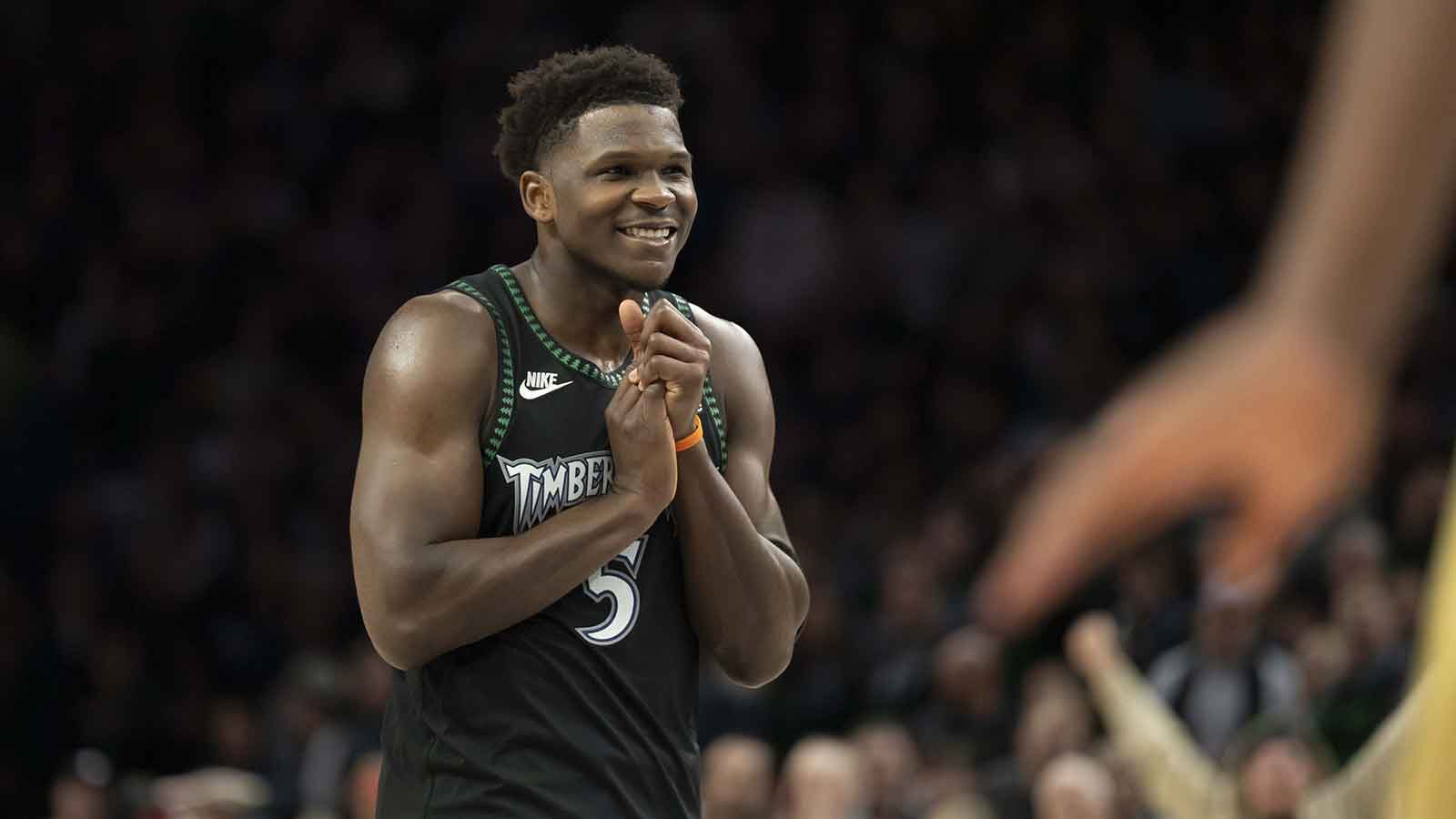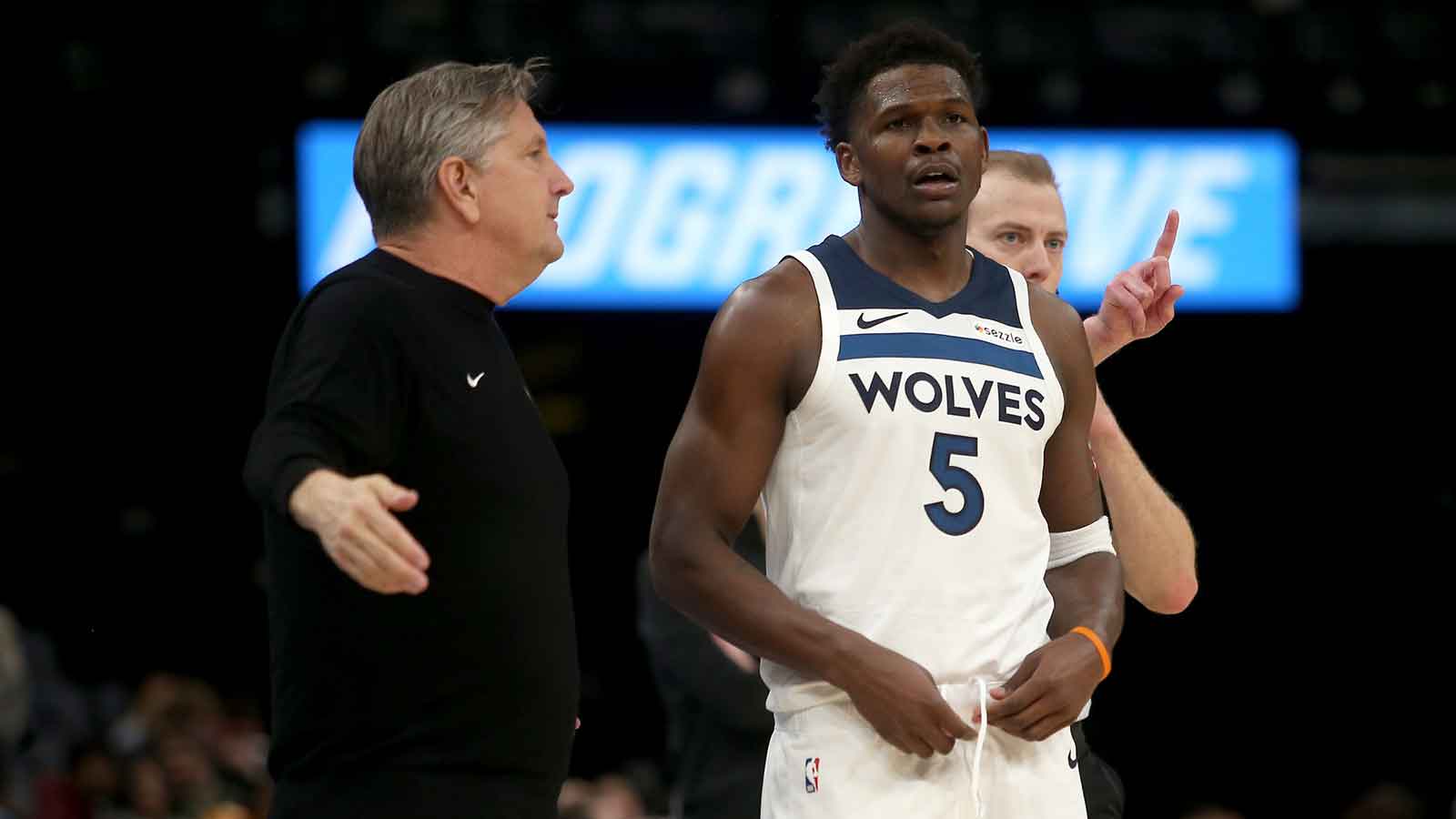Kevin Garnett was recently inducted into the Hall of Fame, which surely has fans everyone in Minnesota waxing about the days that once were.
Garnett regularly dragging a roster full of average to below-average players to playoff berths, posting 30 and 15 in his sleep. Leaping atop the scorers table at Target Center when he led the Timberwolves to a Western Conference Finals appearance during his MVP season in 2004. Crying during an interview with John Thompson because he felt like he was letting his team, the organization and the fans down.
No, Minnesota never won a championship during Garnett's legendary tenure with the club. It never even made it to an NBA Finals. But no one can deny the impact KG had on the Wolves, and if it weren't for him, chances are, the Timberwolves wouldn't even be an NBA franchise right now.
Since Garnett was traded to the Boston Celtics in 2007, Minnesota has made just one playoff appearance. It has been the laughing stock of a league that also includes the New York Knicks.
So when the Wolves re-acquired Garnett at the trade deadline in 2015, it represented a shot in the arm to a dying organization that desperately needed it. Garnett played out the final year-and-a-half of his NBA career in the Twin Cities before announcing his retirement in 2016.
Thirteen-and-a-half years in Minnesota. Unforgettable memories. A generation-defining run.
Why, then, is KG's No. 21 not hanging in the rafters of Target Center?
Because of Garnett's relationship with one man, a man who happens to be the most important figure in the Timberwolves' organization: owner Glen Taylor.
Taylor bought the Timberwolves in 1994, a year before Garnett was even drafted by the club. Needless to say, Garnett knows Taylor very well.
But in a recent article published by Shams Charania of The Athletic, Garnett called Taylor a “snake” and stated that he refused to have his number retired by a front office that had Taylor in charge.
Kevin Garnett has never been one to mince words, so his verbal assault on Taylor is not all that surprising.
When the Timberwolves landed Garnett in a deal with the Brooklyn Nets just ahead of the 2015 trade deadline, it came with the promise of KG having a role in the organization. It was Flip Saunders who convinced Garnett to come aboard, providing his former MVP with a vision of what the two could accomplish together in Minneapolis down the line.
But not long after, Saunders was diagnosed with Hodgkin's disease. He passed away shortly before the 2015-16 campaign began, and from that point on, things between Garnett and the Wolves unraveled.
Taylor reneged on what KG assumed to be a concrete agreement, hiring Tom Thibodeau on a five-year deal and essentially pushing Garnett out the door as far as a front-office role was concerned.
Kevin Garnett insists that everything changed the moment Saunders died, insinuating that Taylor no longer felt obligated to move forward with Garnett with Flip no longer around to make sure it happened.
The all-time great power forward also says that Taylor's push to retire KG's number is more about pressure from the fans than it is about a genuine, heartfelt desire, and anyone who is familiar with Garnett knows that his entire brand is built off of authenticity and that he won't settle for anything less.
But this isn't just about what happened in 2015.
This dates all the way back to 2005, when the Timberwolves fired Saunders in the midst of a disappointing season. Jon Krawczynski of The Athletic notes that this was probably the beginning of the bridge between Garnett and Taylor being burned. That's not surprising, as Saunders was like a father figure to Garnett.
Yes, Taylor made Garnett a wealthy man during his NBA career, but his lack of commitment toward building an actual contender around him combined with his treatment of Saunders had to irritate Garnett.
Before Garnett's MVP campaign in 2003-04, when he was finally playing alongside of some truly capable talent in Sam Cassell and Latrell Sprewell, the Wolves consistently failed Garnett.
They let Chauncey Billups walk. They paid Joe Smith under the table, forfeiting draft picks as a result. They attempted to make Wally Szczerbiak the No. 2 option. They never supplied Garnett with another good big man up front, cycling through names such as Cherokee Parks, Rasho Nesterovic and Michael Olowokandi.
Is that all on Taylor? Not necessarily, because Kevin McHale was the primary decision-maker, but Taylor was at the top of the food chain and regularly skimped out on free-agent spending. If Taylor wanted McHale to make a move, he could have forced his hand.
On top of all of that, Kevin Garnett never wanted to leave Minnesota. He never asked for a trade. So when the Timberwolves aggressively shopped him around during the summer of 2007 and eventually traded him to the Celtics, you can understand why KG may have felt betrayed. He poured his blood, sweat and tears into 12 seasons in Minnesota. He could have left via free agency multiple times, but he didn't. He could have demanded a trade, but he never did.
It was the Timberwolves who decided that enough was enough.
Ultimately, it worked out better for KG in the end, as he joined Paul Pierce and Ray Allen in Boston and won a championship, solidifying his legacy as an all-time great.
But that doesn't make his departure from Minnesota any less painful, especially considering how it occurred.
Garnett has regularly professed his love for Minnesota. As a matter of fact, he enjoyed living there. While most other players would prefer the night life of Miami or Los Angeles, Garnett was perfectly content in cold, snowy Minneapolis.
He still loves the fans, and they love him. As much as Minnesota likes Karl-Anthony Towns, Towns will never be to them what Garnett represented.
Even if his No. 21 isn't hanging in the rafters, it doesn't mean KG has not already been immortalized in Target Center. He will forever be remembered for his efforts to try and make something out of nothing in Minnesota.
It's just a shame his relationship with Taylor has soured to this point.



